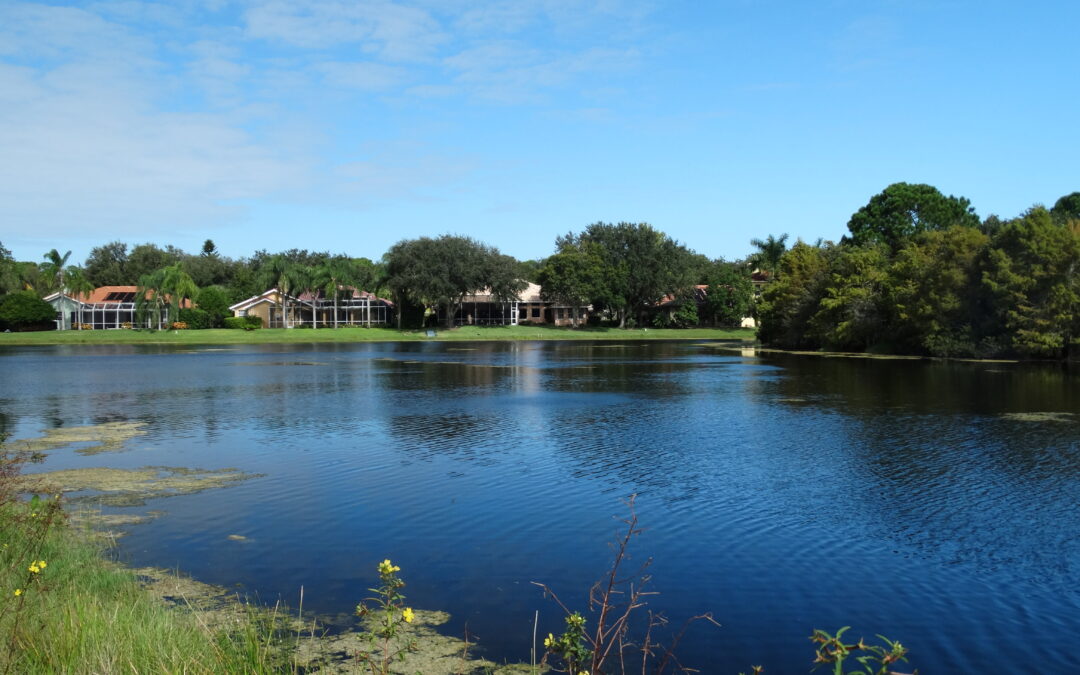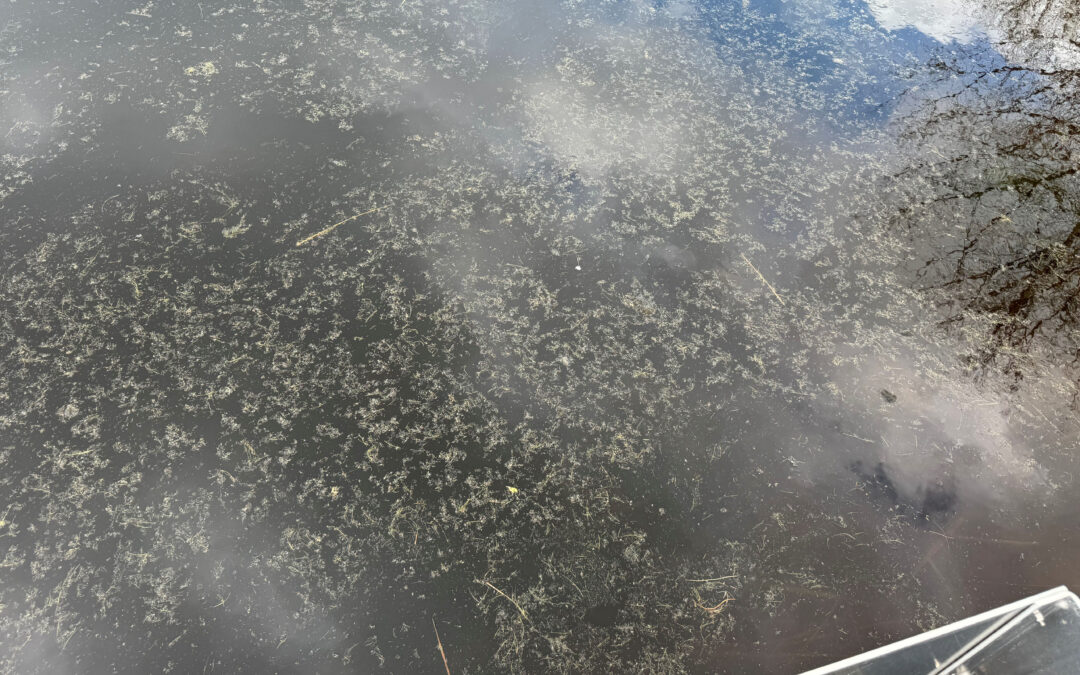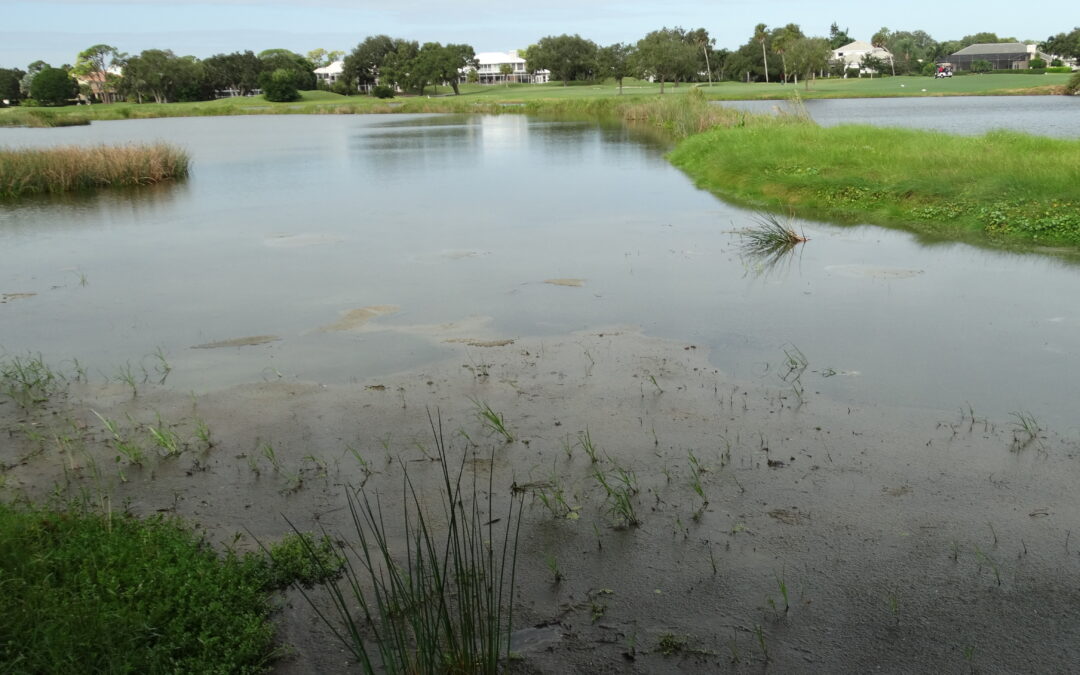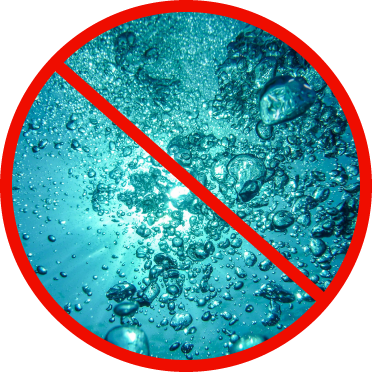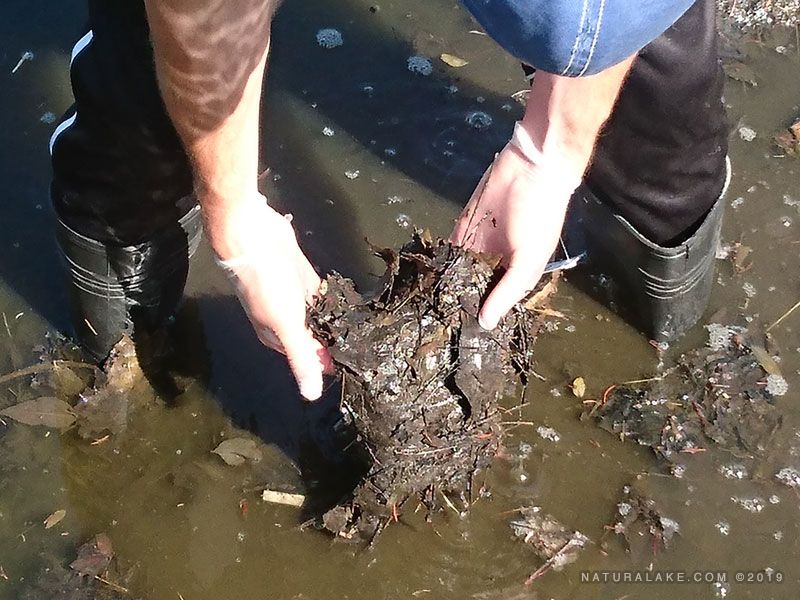
by Jalen B | Jan 9, 2025 | Muck, Product News
How to Continue Muck Reduction in Cold Water When microbial activity slows in cold temperatures, how can we improve it? By Landon Wiet As water temperatures increase (over 60° F), microbial activity in the water column and sediment will also ramp up and begin...

by Jalen B | Jun 26, 2024 | Muck, Probiotic
Muck Digestion Products: Take competitors’ claims with a grain of salt The results are in, are all muck digesters the same? By Landon Wiet At Natural Lake Biosciences, we believe in real science that produces real results. That’s why our MuckBiotics has earned the...

by Jalen B | Apr 24, 2024 | Midge Flies, Muck
Midges Love Muck A Win-Win Approach to Solve Multiple Lake Issues By Patrick Goodwin, M.S., CLM Figure 3. Sediment from the pond in Figure 1. It’s a fact: midges love muck. Aquatic midges find their breeding paradise in pond muck, where the soft, mucky sediment...

by Patrick Goodwin, M.S., CLM & Deborah Lee, Natural Lake Biosciences Senior Microbiologist | Feb 2, 2024 | Muck, Sludge
5 Factors Influencing Pond Muck Decomposition and How to Optimize It by Patrick Goodwin, M.S., CLM & Deborah Lee, Natural Lake Biosciences Senior Microbiologist Lake aging, a process by which organic muck accumulates due to incomplete decomposition, leads to...

by Patrick Goodwin | Jan 24, 2023 | Aeration, Harmful Algal Blooms, Muck, Sludge |
5 Reasons Why Oxygenation Saturation Technology (OST)™ Is the Best Aeration Solution by Patrick Goodwin 1. More Oxygen. Better Water Quality OST quantitatively counters oxygen demand by making its own oxygen and dissolving it into the water via gas dissolution...

by Jalen B | May 24, 2021 | Muck, Uncategorized
This quite possibly could be the most common question we get here at Natural Lake Biosciences. Where does the muck go when MuckBiotics is used to break it down? While our scientists could spend hours talking about the technical details and complexities of this...


